Choosing a mental health provider is one of the most significant steps to improving mental well-being. However, with so many options available, the process can be daunting. This blog post will guide you through the process, providing insights on choosing a mental health treatment provider, finding a mental health treatment center, and what to look for in a mental health provider.
Understanding Different Types of Mental Health Providers
Before diving into the specifics of choosing a provider, it’s important to understand the types of professionals who can offer support:
- Psychologists – They hold a doctoral degree in psychology and are trained in therapy, assessment, and diagnosis.
- Psychiatrists – As medical doctors, psychiatrists can prescribe medication and provide therapy.
- Licensed Clinical Social Workers (LCSW) – These professionals offer counseling and are trained in handling systemic issues affecting mental health.
- Licensed Professional Counselors (LPC) – They provide counseling to individuals and groups.
- Psychiatric Nurse Practitioners – Nurses with specialized training in mental health care who can prescribe medication and offer therapy.
How to Choose a Mental Health Treatment Provider
Here are some key considerations when choosing a mental health treatment provider:
Determine Your Needs
Reflect on the reasons you’re seeking mental health support. Are you dealing with anxiety, depression, trauma, or another concern? Different providers specialize in various areas, and identifying your needs can help you find the most suitable professional.
Research Credentials and Specialties
When searching for the right provider, it’s essential to verify their credentials. Check if they are licensed to practice in your state and inquire about any additional certifications or training. If you have a specific concern, look for someone who specializes in that area.
Consider Therapy Approaches
Different therapists employ different methods, such as Cognitive Behavioral Therapy (CBT), Dialectical Behavior Therapy (DBT), or psychodynamic therapy. Understanding these approaches can help you decide which might work best for you.
Evaluate Compatibility
The relationship between you and your mental health provider is crucial. During initial consultations, assess whether you feel comfortable and heard. A good rapport can significantly impact the success of your treatment.
Assess Accessibility
Consider logistical factors such as location, availability, and whether the provider offers virtual sessions. This ensures that you can sustain your treatment over the long term.
How to Find a Mental Health Treatment Center
When the situation calls for more structured support, considering a mental health treatment center might be appropriate. Here’s how you can find one:
Seek Recommendations
Start by asking your primary care doctor or a trusted friend for any recommendations. Personal testimonials can provide valuable insight into what you might experience.
Check Online Resources
Websites like Psychology Today or the American Psychological Association provide directories of mental health professionals, including treatment centers. These platforms allow you to filter based on location, specialties, and payment options.
Consider Accreditation
Verify that the treatment center is accredited by reputable organizations like the Joint Commission. Accreditation ensures that the center meets high standards of care.
Review Treatment Programs
Research the types of programs offered. Some centers focus on specific treatments like outpatient therapy, while others provide intensive inpatient programs. Identify what aligns best with your needs.
What to Look for in a Mental Health Provider
When evaluating mental health providers, it’s essential to consider their experience and expertise. Look for professionals with substantial experience, particularly in dealing with issues similar to your own. Reading reviews or testimonials from previous clients can provide valuable insight into the provider’s abilities and approach.
Communication style is another crucial factor in choosing the right provider. Effective treatment relies on clear and open communication, so it’s important to select a provider who can explain complex processes and concepts in a way that you understand and feel comfortable with. This ensures that you are actively engaged in your treatment plan.
Empathy and compassion play a significant role in the therapeutic process. A provider who is empathetic and genuinely cares about your well-being can greatly enhance your healing journey. Their ability to connect with you on an emotional level fosters trust, making it easier for you to share your thoughts and feelings during therapy.
Lastly, consider the financial aspect of treatment. Before committing to a provider, check whether they accept your insurance or offer a sliding scale for fees. Understanding the cost structure upfront helps avoid unexpected expenses and allows you to focus on your mental health without financial stress.
Find The Best Mental Health Providers in Your Area Today
Embarking on the journey to choose a mental health provider can seem overwhelming, but by understanding your needs, researching options, and considering factors like credentials, compatibility, and accessibility, you can make an informed decision. Remember, the right provider can make a significant difference in your mental health journey, offering support and guidance tailored to your specific needs.
Ready to take the next step toward mental wellness? Resilience Behavioral Health in Atlanta is ready to assist you with comprehensive mental health programs to meet diverse needs. Whether you’re seeking individual counseling, group therapy, or specialized treatment programs, our compassionate professionals are here to help you build resilience and reclaim your life. Please feel free to contact us today to learn more about how we can support your journey to mental well-being.



